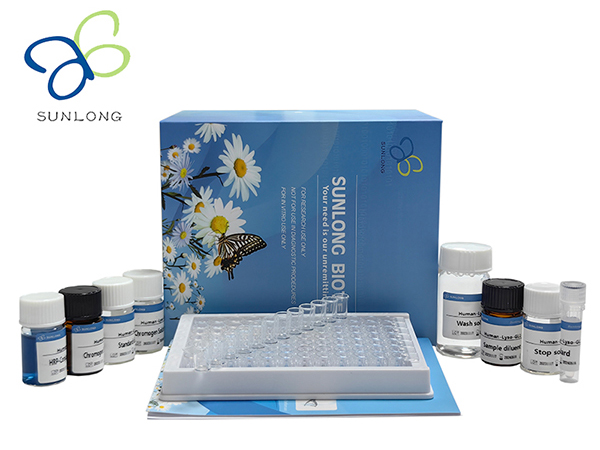Specifications:
| Application | ELISA-Based Assays |
| Storage Temperature | 2-8°C |
| Product Type | Elisa Kit |
| Product Grade | Molecular Biology |
The Human Carnitine ELISA Kit is a precise and reliable tool designed for the quantitative detection of Carnitine levels in human serum, plasma, culture media, and other biological fluids. Using a Sandwich-ELISA technique, this kit enables accurate measurement of Carnitine, which is essential for research in energy metabolism, fatty acid oxidation, and related disorders.
Purpose
- Quantification of Carnitine Levels:
- Measures Carnitine concentrations to assess its role in metabolism and health.
- Sample Compatibility:
- Designed for use with human serum, plasma, and various biological fluids.
Principle
This assay employs a Sandwich-ELISA technique for the specific and quantitative measurement of Carnitine. Below is the workflow:
- Pre-Coated Plate:
- Microelisa stripplate wells are pre-coated with an antibody specific to Carnitine.
- Sample and Standard Addition:
- Standards and samples are added to the wells, allowing Carnitine in the sample to bind to the immobilized antibody.
- HRP-Conjugated Detection:
- A Horseradish Peroxidase (HRP)-conjugated antibody specific to Carnitine is added, forming a sandwich complex.
- Washing Step:
- Free and unbound components are washed away to reduce background interference.
- Substrate Reaction:
- TMB substrate solution reacts with HRP, producing a blue color in wells with Carnitine.
- Stop Reaction and Measurement:
- A stop solution is added, changing the color from blue to yellow. Optical density (OD) is measured at 450 nm using a spectrophotometer.
- Quantification:
- Carnitine concentrations are calculated by comparing OD values to a standard curve.
Key Features
- High Sensitivity and Specificity:
- Accurately detects low levels of Carnitine with minimal cross-reactivity or interference.
- Wide Sample Compatibility:
- Suitable for serum, plasma, culture media, and other biological fluids.
- Quantitative Results:
- Provides precise measurement of Carnitine concentrations using a standard curve.
- Ease of Use:
- Includes pre-coated plates and ready-to-use reagents for a straightforward workflow.
- Reproducibility:
- Ensures consistent and reliable results across multiple experiments.
Kit Components
- Pre-coated Microelisa stripplate.
- Carnitine standards for standard curve generation.
- HRP-conjugated Carnitine detection antibody.
- TMB substrate solution.
- Stop solution.
- Wash buffer.
- Sample diluent.
- Instruction manual.
Applications
- Metabolic Research:
- Investigate Carnitine's role in energy metabolism and fatty acid oxidation.
- Nutritional Studies:
- Assess Carnitine levels in relation to dietary intake and supplementation.
- Clinical Research:
- Study Carnitine deficiencies and related metabolic disorders.
- Drug Development:
- Evaluate the impact of therapies targeting Carnitine metabolism.
- Endocrinology and Metabolic Disorders:
- Monitor Carnitine levels in conditions such as diabetes, obesity, and mitochondrial disorders.
Advantages
- High Accuracy:
- Ensures precise and reproducible quantification of Carnitine.
- Convenience:
- Ready-to-use reagents simplify preparation and assay execution.
- Versatility:
- Compatible with various biological sample types.
- Reliable:
- Provides consistent results for robust data interpretation.
Assay Protocol Summary
- Add standards or samples to the pre-coated wells.
- Incubate with HRP-conjugated Carnitine antibody.
- Wash to remove unbound components.
- Add TMB substrate to develop color.
- Stop the reaction and measure OD at 450 nm.
- Calculate Carnitine concentrations using the standard curve.
Storage and Stability
- Store all kit components at 2–8°C to maintain reagent integrity.
- Avoid repeated freeze-thaw cycles to ensure assay reliability.
The Human Carnitine ELISA Kit provides a sensitive, accurate, and user-friendly solution for measuring Carnitine in biological samples. Its specificity and versatility make it an essential tool for metabolic research, clinical studies, and nutritional assessments.




 0
0
